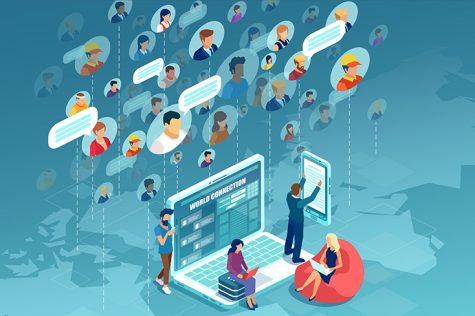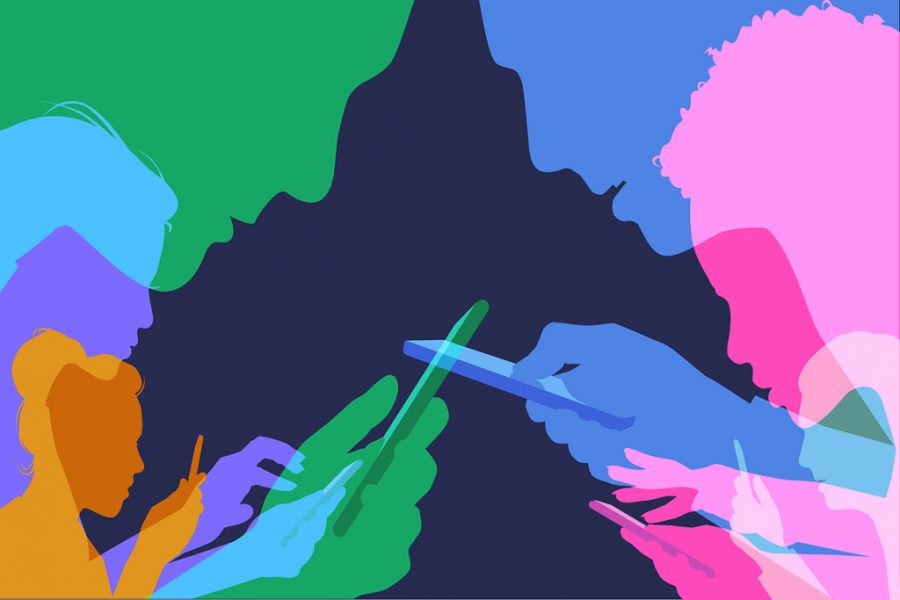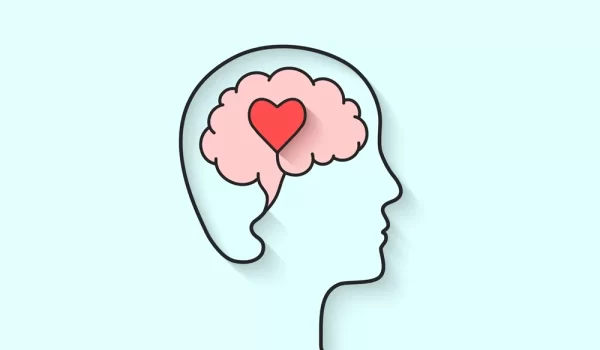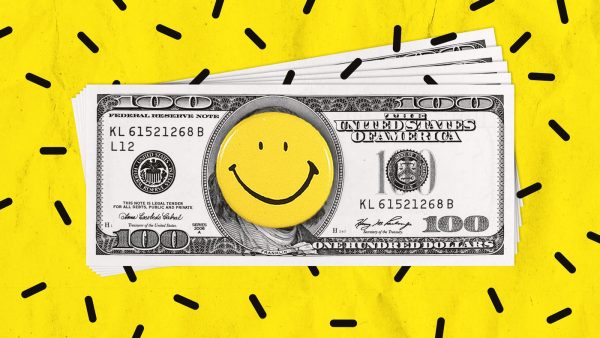Social Media and It’s Consequences
Social Media has increasingly been popular with usage over the last decade, nearly everyone I know has a smart phone and social media profiles, such as Facebook, Instagram, Snapchat, etc. You get the point, right? 69% percent of adults and 81% of teenagers are in the United States are reported to use social media, according to the Pew Research Center. With the rise of social media, there has also been a rise of popularity “influencers.” If you don’t know what an influencer, they have access to a large audience and can persuade others by virtue of their authenticity and reach. Although some people don’t consider themselves to be a “celebrity,” others consider them to be popular publicist. I want to ask, how does social media affect the lives of young teens?
Media platforms are designed to be addictive, but they are also associated with depression, anxiety and illness. The problem is that people keep coming back onto social media even though it can make them sick. What is the main problem? To understand social media addiction, we first have to acknowledge that it is a behavioral problem. Addictive social media behaviors will look like any other substance abuse disorder, which involves mood swings/modification, salience, tolerance, withdrawal symptoms, relapse and conflict. The addiction is largely contributed to the dopamine our brain produces which is a “feel-good chemical” linked to pleasurable activities such as sex, food, and social interaction.

The effect that social media has on the brain is quite interesting. According to Harvard University, social media uses the same part of the brain that also ignites when taking an addictive substance. An example of this behavior is when a person gets a notification such as a like, message or mention, the brain gets a rush of dopamine levels. As rewarding it may seem, the use of social media can become toxic. This can happen when someone views social media as coping mechanism to relive stress, depression and loneliness. These people see social media as a reward they are not getting in real life, and they end up engaging more and more. This behavior can lead into multiple problems such as ignoring friendships/relationships in real life, responsibilities, physical and mental health. Another question we might ask is, how does social media affect mental health?
While a lot of people get joy from social media, there is a negative aspect to it. Multiple studies have shown that social media is linked to an increase risk of depression suicidal thoughts, loneliness and anxiety. It can promote negative experiences such as isolation, fear of missing out, being self conscious about your looks and how you live your life. Cyber bullying is also a factor in this. The signs of social media impacting ones mental is; spending more time on social media than with the people you know in real life, comparing yourself to others on social media, experiencing cyberbullying, distracted from work or school, having no time for ourselves or self reflection. The earlier teens start using social, which half of the time begins in middle school, the more impact it will have on their mental health. They are way more vulnerable at this age. From my own personal experience, I feel like it was a lot of pressure on young teens being on social media. As a female, I was pressured to look and act a certain way because I constantly compared myself to full blown models on the internet and it was very harmful to my self image, esteem and mental health , a lot of young teens will tell you that they feel the same way like I did.
So, what can we do to tackle the issue? Well first we need to recognize that more influencers and celebrates have a lot of power over their current audience, whatever they say, their audience will most likely follow and listen, encouraging positive messages through out social media will have a good outcome. That doesn’t necessarily means that the negativity and bullying on social media apps will end, but it will make a difference when people see positive messages. Social media app can also take steps and measures by updating their policies and guidelines. Other things people can do is take steps in curing their social media addiction. The first step is to recognize the addiction and the next step is to take action. Ways someone can this is to start turning off notifications and logging out of their accounts, this will help them not look at their phones too often. The next step is to self reflect and recognize how you feel after removing yourself from social media and removing the routine of having to depend on it everyday. These steps can help anyone facing a social media addiction and will help them learn more about themselves each day and hopefully their mental health will get better because of it.






